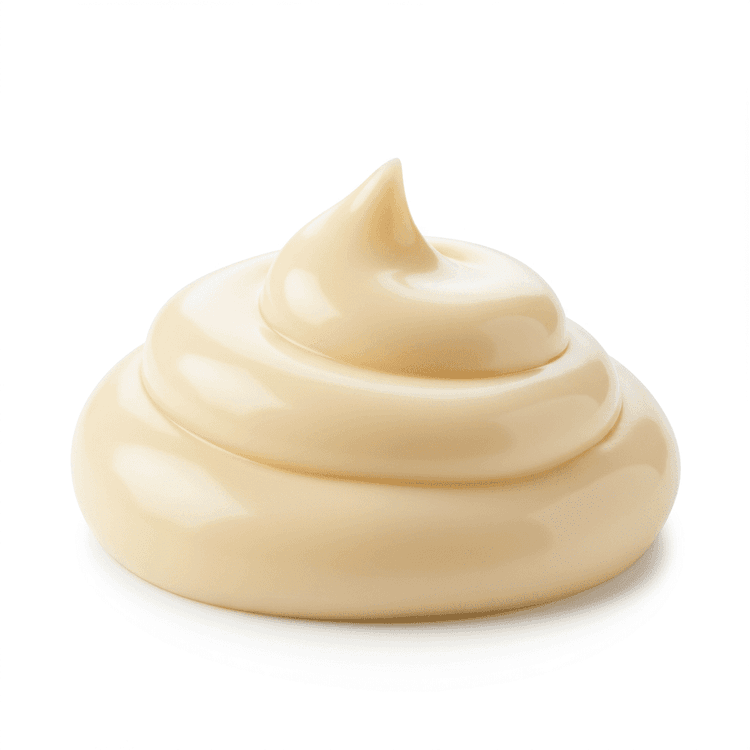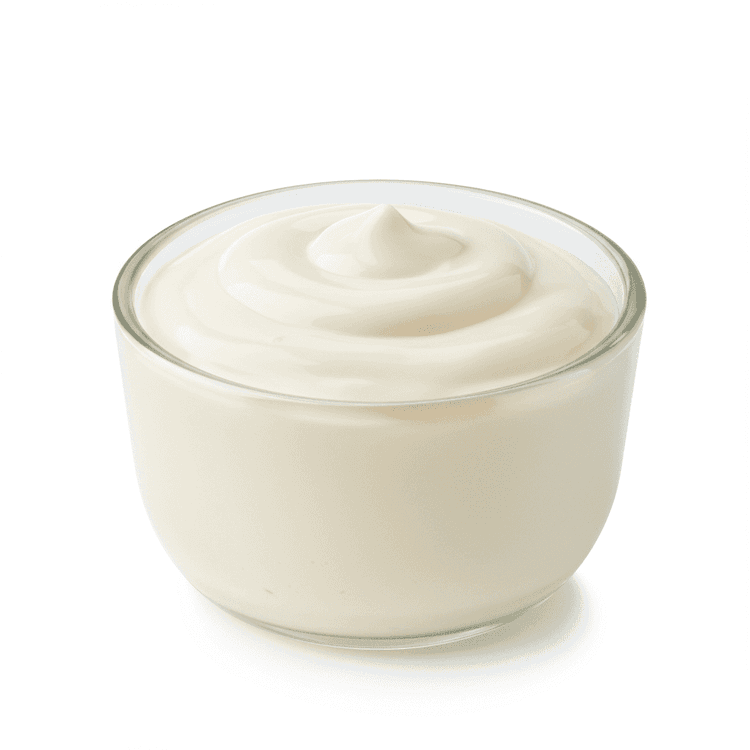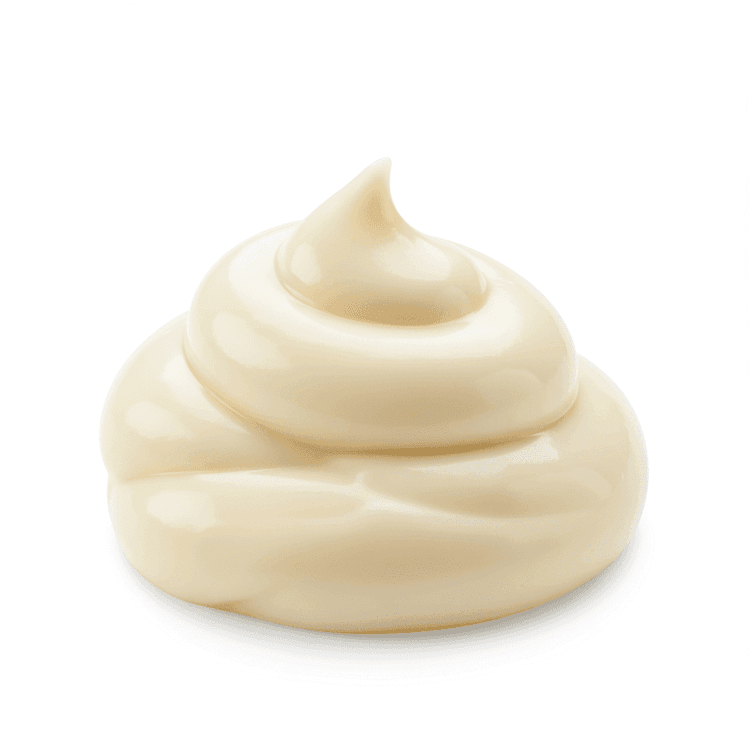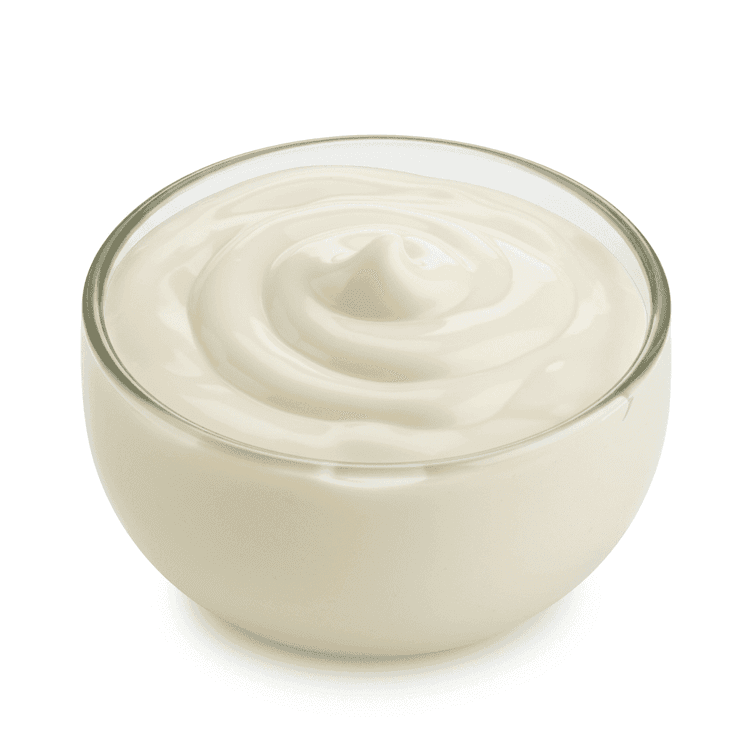
Cheese Sauce
Cheese sauce is a creamy, savory sauce made primarily from melted cheese, milk, and a thickening agent like flour or cornstarch. Known for its rich, velvety texture and indulgent flavor, cheese sauce is often golden-yellow in color and can range from mild to sharp depending on the type of cheese used, such as cheddar, Gouda, or Parmesan. This versatile sauce is a staple in comfort food recipes and is loved for its ability to add a luscious, cheesy depth to a variety of dishes. Perfect for dipping, drizzling, or baking, cheese sauce is a must-have for anyone looking to elevate their meals with a touch of creamy decadence.
Common Uses
- Drizzle cheese sauce over steamed vegetables like broccoli or cauliflower to create a flavorful side dish that even picky eaters will enjoy.
- Use cheese sauce as a base for homemade macaroni and cheese by mixing it with cooked pasta and baking it for a golden, bubbly finish.
- Serve cheese sauce as a dip for nachos, soft pretzels, or fries to add a creamy, cheesy element to your favorite snacks.
- Pour cheese sauce over baked potatoes or loaded potato skins for a rich and satisfying topping.
- Incorporate cheese sauce into casseroles or gratins to bind ingredients together and enhance the overall flavor of the dish.
- Use cheese sauce as a filling for enchiladas or as a topping for tacos to add a creamy, indulgent twist to Mexican-inspired meals.
Health Benefits
- Cheese sauce is a versatile addition to meals, providing a rich source of calcium and protein, which are essential for bone health and muscle repair.
- It adds creamy texture and savory flavor to dishes, enhancing the overall taste profile of vegetables, pasta, and baked casseroles.
- Cheese sauce can be customized with different types of cheese, offering a variety of flavors from sharp to mild, depending on dietary preferences.
- It is a popular comfort food ingredient, often used in recipes like mac and cheese or as a topping for nachos, making meals more satisfying.
- Homemade cheese sauce allows control over ingredients, enabling healthier options by reducing salt or using low-fat cheese.
- It pairs well with whole grains and lean proteins, making it a great addition to balanced meals.
Chefadora AI is here.
Experience smarter, stress-free cooking.
Storage Tips
Cheese sauce should be stored in an airtight container in the refrigerator and consumed within 3-5 days for optimal freshness. If freezing, allow the sauce to cool completely before transferring it to a freezer-safe container, leaving some room for expansion. When reheating, use low heat and stir frequently to prevent separation or curdling. Avoid leaving cheese sauce at room temperature for extended periods to prevent spoilage.
Marnirni-apinthi Building, Lot Fourteen,
North Terrace, Adelaide, South Australia, 5000
Australia




